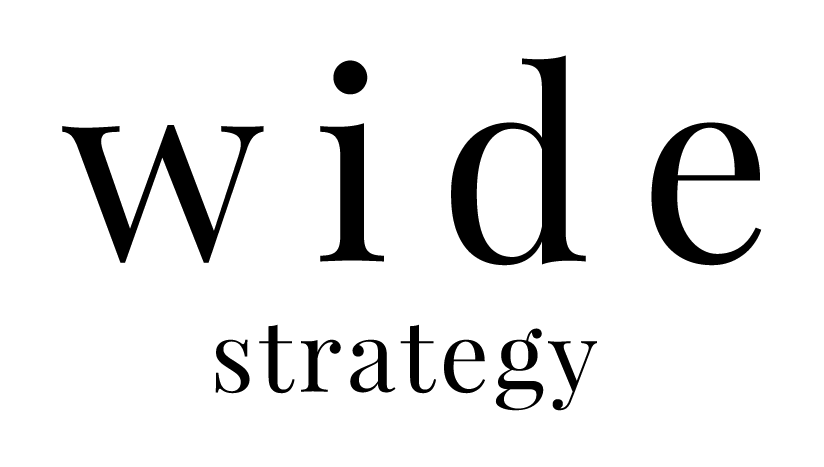Is career planning over?
I often wonder how young managers -entering the corporate world- feel about career planning nowadays; following the huge disruption triggered by COVID-19 at work and the workplace, how do they plan their way up the professional ladder? What matters most in this planning exercise?
The COVID-19 calamity has brought a major disruption in the future of work. Its impact has been multifaceted: a. new forms of work and of team cooperation, varying from remote to hybrid schemes, b. new - and long overdue- employment rules legislated by governments, c. a reshuffling of the commercial real estate market with broader implications to city life and its economy. Clearly, there is an overall technological and social experimentation happening that will create new opportunities for businesses but also bring serious threats to corporate cultures.
In the UK, the nearly six million private sector businesses operating in the country are trying to find their way in this new era and gradually shape the future of work; How do young starters entering corporate employment take up this change? How do they plan their careers in this newly emerging workplace environment? Do they get proper support from the corporation in that matter?
In the old days, strategising about your career seemed more straightforward. There was a clear path on how to reach promotion. Young professionals knew what to expect from the workplace and what to wish for. Being loyal to the corporation one worked for, almost always paid off; and, getting an office on a higher floor of a corporate building - next to the ones of the executives, was the utmost dream.
We have certainly moved far beyond that, since then. In a recent survey published by PwC, 60% of the interviewees think few people will have stable long-term employment in the future. Nowadays, career planning has become a more complex equation. In today’s corporate life, young professionals can hardly make plans for the next day, not to say the next year in their career. Everything seems more temporary…” I will be working from home next week”, “from my home country in the next month”, “I have never met my new boss face to face”, “I changed jobs to work 100% remotely” are typical discussions young professionals have about their corporate career.
Is this as far as it goes when it comes to career planning? Can corporations cater to the young generation’s emerging needs around career planning? Can they shape a corporate culture which is relevant to the aspirations of the younger generation? And can they provide the right ammunition to young employees to help them plan their career path within or outside the company?
Work-life balance seems to be the obvious triggering point for gen-z and millennials’ career aspirations and career planning; concepts like empathy and gratitude also become more and more critical in making the workplace more attractive to the young generation. There are plenty of due diligence methods available in the market to support corporations identify their weak points in that matter and help them develop a relevant internal culture. The sooner corporations adjust to this new reality and address the needs of the young workforce, the better for all.
A humble opinion that hopefully offers the reader some food for thought!
